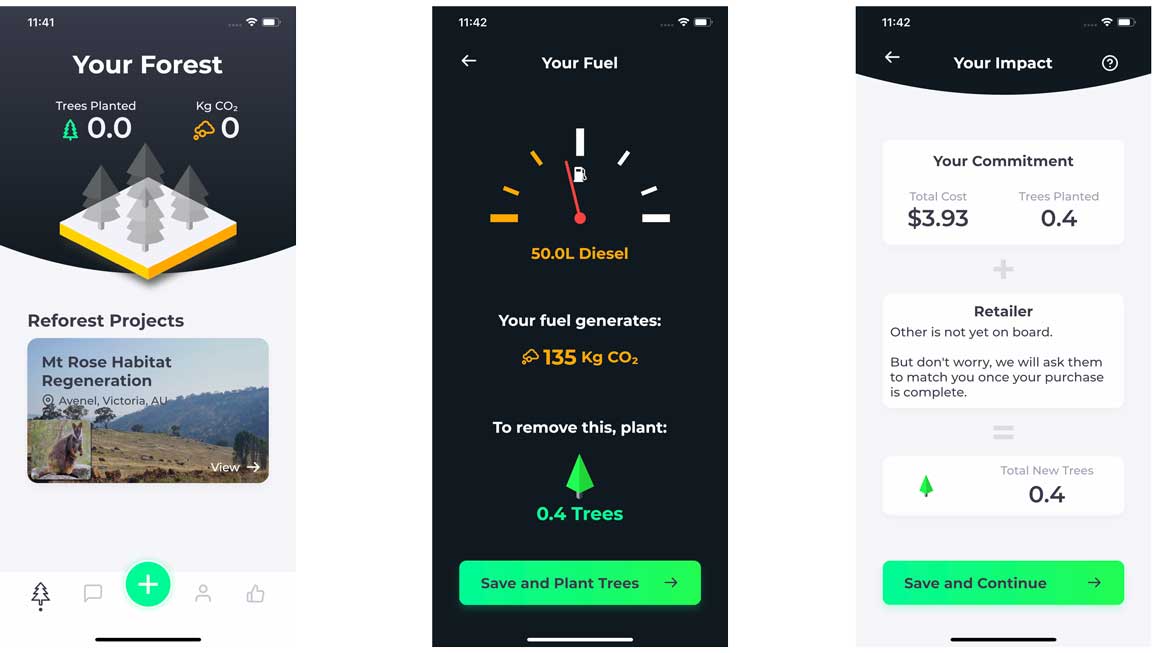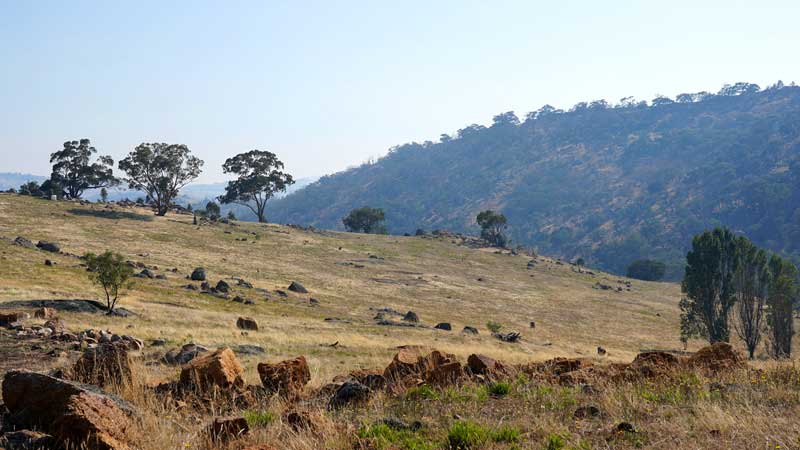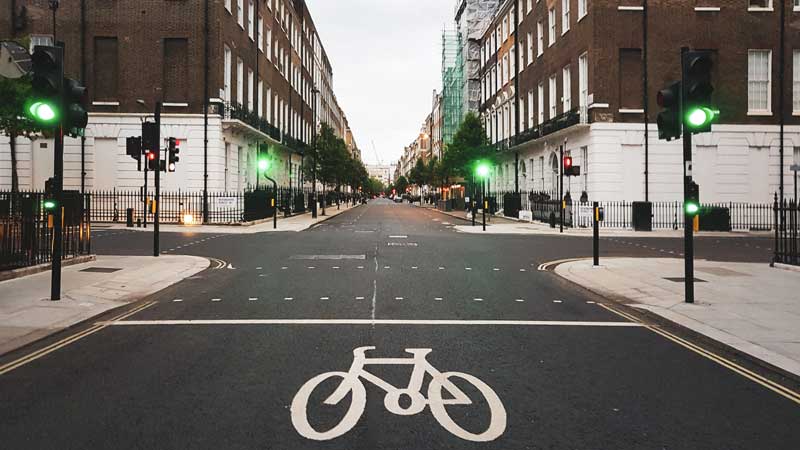For many people, the experience of cleaner air as airlines and road transport have ground to a halt during the Covid-19 pandemic is sparking a desire to continue the conversation of addressing climate change as the world seeks to emerge from the economic lock-down.
The International Energy Agency reports that CO2 emissions will be down 8% in 2020 because of the Covid-19 pandemic, roughly in line of what annual emissions reductions need to be to meet the 1.5°C Paris Agreement goal.
It’s one silver lining in the crisis, but while electric transport is one clear solution to the achieving a permanent reduction of carbon and particulate emissions, it is still an industry in transition.
How the aviation industry will fare in a post-Covid world is as yet unknown, but one thing is sure – electrified long haul flight is definitely still some way off.
In terms of personal transport, the reality is that electric vehicles in Australia will remain out of the budget of many drivers until price parity with internal combustion engine vehicles is reached.
A new Australian app known as Reforest, currently in beta release, seeks to help tackle the problem of transport-related emissions as people begin travelling again.
Perhaps controversially, it also tackles the problem of planting trees as offsets – a strategy that has drawn criticism for a variety of reasons.
Failed or poorly managed projects aside, critics point out that simply using offsets but not doing anything about reducing emissions ultimately does not help solve the climate change problem, particularly in the case of large emitters.
Importantly, the Reforest app changes the conversation around offsets, by giving consumers “pester-power” to request airlines and fossil fuel merchants to match their commitment within the app. It’s a system that is more akin to a carbon tax than an offset.
To use the app is simple: it is available on Google Play and the Apple App Store. After signing up, a simple interface guides you via a big green plus sign to choose whether to record a flight or a petrol/diesel purchase, which after entering details calculates how much is needed to be spent in order to plant enough trees to offset the emissions from the purchase.

At that time, the consumer can request the retailer match their commitment. The commitment will sit on the retailer’s balance sheet until the trees mature and the offset is ready to cash in (or rather, the carbon certificate is retired and torn up). If the retailer reduces its carbon emissions by 50% before then, its financial liability for the offset is also reduced by half.
If, for example, a consumer buys petrol from oil company A and that company does not wish to meet their commitment, oil company B can make an offer to take up the commitment instead.
“The whole design of this is to overcome the various problems with offsets as a consumer product,” says Daniel Walsh, founder of the Reforest app who has outlined more details on the Reforest approach to offsets here and here.
“There’s lots of valid criticisms of offsets. You buy it, it gets retired, and the company doesn’t have to change anything.
“What we’re trying to do is let the consumer create offsets instead by planting trees, and Reforest asks their retailer to commit to plant the same number of trees and pay to retire the offsets from them in the future. That creates a stronger business case to reduce emissions.”

From a consumer perspective, Reforest hopes to create a tangible link between the driver or air traveller providing a platform through which they can see the forest they commit to grow over time. Reforest promises to closely monitor projects, uploading drone photos of projects to the app over time.
“Our customers get to create their own native, biodiverse forest. They can see the progress of their trees over time, including drone imagery. They can prompt their fuel supplier (and their airline once air travel resumes) to match their action, and they can inspire others by sharing the positive impact they’re having,” said Walsh in a note by email.
“When people start to travel again, and they don’t have a practical alternative to using their car or taking a flight, they need a viable and meaningful solution to make these trips sustainable,” says Walsh.
“Traditional carbon offsets were never designed to be a consumer product, which explains why most people don’t understand, trust or find them a satisfying option for dealing with their emissions.”
Will it make a difference? Walsh believes so. Before Covid-19, Australians were emitting 83 million tonnes of CO2 per year. To offset that, 260,000 hectares per year would need to be planted. To meet the Covid-19 8% drop in emissions, just 20,800 hectares a year need to be planted.
“If we could get just 10% of the 81% of Australians who are concerned about climate change using Reforest for their unavoidable car fuel emissions, we would be planting around 11,000 hectares per year of new native forest,” says Walsh.
The app also connects landowners to create conservation projects that are also assets. The first such project to take part in the Reforest app is the 170 hectare Mt Rose Habitat Regeneration, in the Murray region of North-Eastern Victoria which will run as Reforest’s first pilot project from this month.
The Mt Rose land has capacity to offset around 600 tonnes of CO2, says Walsh – about 4,000 30-litre tanks of fuel. Enough to pilot the system before another much larger parcel of land becomes available in 2021.
Trees purchased and planted at the Mt Rose project will also create a natural habitat for the threatened Southern Brush-tailed Rock Wallaby, of which there are fewer than 60 animals remaining in the wild.
It’s good timing too. Until air travel starts up again as Covid-19 restrictions are lifted, the focus will be on getting consumers to discover how they can offset their petrol and diesel use, and use their buying power to convince retailers to get on board also.
There has already been industry validation from airlines too, in the form of a commitment from Lufthansa and Turkish Airlines’ joint venture airline, SunExpress, when air travel resumes.

Bridie Schmidt is associate editor for The Driven, sister site of Renew Economy. She has been writing about electric vehicles since 2018, and has a keen interest in the role that zero-emissions transport has to play in sustainability. She has participated in podcasts such as Download This Show with Marc Fennell and Shirtloads of Science with Karl Kruszelnicki and is co-organiser of the Northern Rivers Electric Vehicle Forum. Bridie also owns a Tesla Model Y and has it available for hire on evee.com.au.

